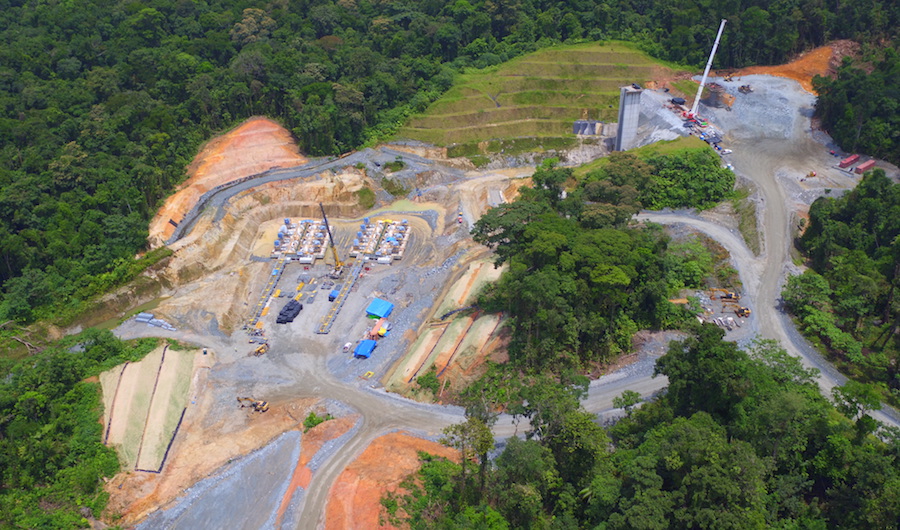The move means that it will be the Supreme Court’s job to decide whether law 406, which made the contract between First Quantum and Panama official, is or not unconstitutional. The top court is considering several other challenges to the contract.
Last month, the government and the Canadian miner reached a multi-billion dollar agreement, which was enacted into law by parliament, triggering a series of violent protests that have almost paralyzed Panama City, the capital.
Demonstrators claim the new contract was fast-tracked with little public input or transparency and also made corruption allegations against lawmakers.
Locals worry about the mine’s effects on drinking water and the Panama Canal, already driven by El Niño to its driest October since 1950, even though First Quantum has repeatedly said the operation is far from any drinking water sources.
President Laurentino Cortizo responded by announcing that the country would hold a referendum on whether to revoke the controversial contract.
Parliament has already buried that bill, so the referendum is off the table.
Analysts estimate the decision to cancel the Cobre Panama mine’s contract would cut Panama’s GDP growth from a forecast 6% in 2023 to just 1%.
The Vancouver-based company, which lost about 50% of its value between Monday and Wednesday, is one of the world’s top copper miners.
It is also Canada’s largest producer of the coveted metal, churning out 816,000 tonnes of copper in 2021, its highest ever, thanks mainly to record output at Cobre Panama.
This article was published by: Cecilia Jamasmie
Visit the original article here



